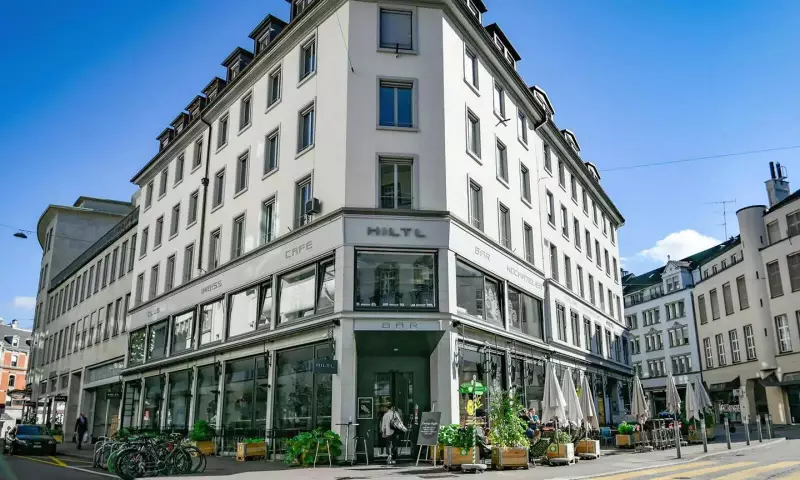
In the heart of Zurich, Switzerland, lies a culinary institution that has been serving vegetarian delights for an astonishing 125 years - Haus Hiltl, officially recognized by Guinness World Records as the planet's oldest continuously operating vegetarian restaurant.
From Humble Beginnings to Global Recognition
Founded in 1898 by Ambrosius Hiltl, this pioneering establishment began as "Vegetaria Home" during an era when vegetarianism was often mocked as "grass-eating." The restaurant's early days were challenging, with many considering meat-free diets as radical and unconventional.
The Hiltl Family Legacy
The restaurant's fortunes transformed when Ambrosius, suffering from rheumatism and advised by doctors to adopt a vegetarian diet, not only improved his health but eventually took over the business. The Hiltl family has maintained ownership through four generations, each contributing to the restaurant's evolution while preserving its core values.
More Than Just a Restaurant
Today, Hiltl stands as a magnificent multi-story culinary destination featuring:
- A lavish buffet with over 100 vegetarian and vegan dishes
- An upscale à la carte restaurant
- A vibrant bar and club space
- A cooking school and boutique
- Multiple dining concepts under one roof
Swiss Innovation Meets Global Flavours
What makes Hiltl's story particularly remarkable is its Swiss location - a country famous for its meat-centric cuisine like sausages and cheese fondue. The restaurant successfully introduced Zurich residents and international visitors to diverse global vegetarian traditions, from Indian curries to Mediterranean delicacies, all while incorporating local Swiss ingredients.
A Living Piece of Culinary History
Hiltl's 125-year journey mirrors the evolution of vegetarianism itself - from fringe movement to mainstream acceptance. The restaurant has witnessed world wars, economic changes, and shifting dietary trends, adapting while remaining true to its vegetarian principles.
As plant-based diets gain global popularity, Hiltl stands as a testament to vegetarianism's enduring appeal and the vision of a family that believed in meat-free dining long before it became fashionable.





